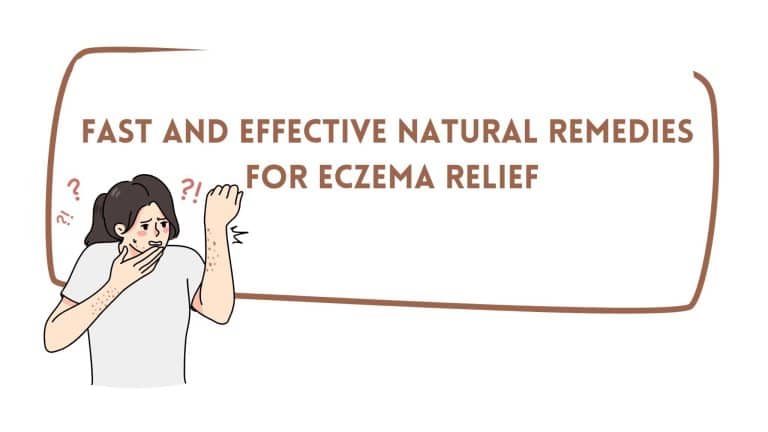Breaking Free from Xanax Addiction: What You Need to Know
In today’s fast-paced world, anxiety and stress are at an all-time high. For many, Xanax — a commonly prescribed benzodiazepine — has become a short-term solution. But over time, what begins as relief can quickly evolve into dependence or addiction.
Xanax addiction is more common than most people realize, and overcoming it isn’t as simple as stopping cold turkey. It requires a structured, medically informed approach. Knowing your options for support and professional care can make all the difference if you or a loved one is facing this battle.
Understanding Xanax and Why It’s So Addictive
Xanax (alprazolam) works by calming the central nervous system, making it effective for treating anxiety and panic disorders. However, its fast-acting relief also makes it highly habit-forming. Over time, the brain adapts to the drug’s presence, requiring higher doses to achieve the same calming effects — a process known as tolerance.
Eventually, physical dependence can develop, and individuals may experience:
- Cravings
- Mood swings or irritability
- Sleep disturbances
- Memory issues
- Physical withdrawal symptoms like tremors or nausea
Stopping Xanax abruptly can lead to serious — even life-threatening — complications, such as seizures. That’s why professional help is essential.
What Does Xanax Addiction Treatment Involve?
Treating Xanax addiction typically begins with medical detox, where withdrawal symptoms can be safely managed under supervision. This is followed by behavioral therapy and counseling to address the root causes of addiction.
If you’re searching for effective options, there are specialized programs for xanax treatment that offer tailored support in a safe and compassionate environment.
Genesis House rehab, for example, provides a full continuum of care — from medically supervised detox to inpatient and outpatient treatment — helping individuals recover both physically and mentally from benzo dependency.
Signs It’s Time to Seek Help
Recognizing the signs of Xanax addiction early is key to avoiding long-term harm. You or someone you care about may need help if you notice:
- Using Xanax without a prescription
- Taking larger doses to get the same effect
- Experiencing withdrawal when not using
- Hiding usage from others
- Struggling at work, school, or in relationships
Many people delay getting treatment because of shame, fear, or uncertainty. But addiction is a medical condition, not a moral failure, and it can be treated.
The Importance of Personalized Care
Because Xanax addiction affects each person differently, a one-size-fits-all approach doesn’t work. The most effective programs create personalized treatment plans that take into account:
- Length and severity of use
- Co-occurring mental health disorders (like anxiety or depression)
- Medical history
- Life circumstances and support systems
A quality rehab facility will also offer aftercare planning, helping you transition back into daily life with support and structure to prevent relapse.
Final Thoughts
Xanax may bring short-term relief, but long-term use can come with serious consequences. If you or a loved one is caught in a cycle of dependence, know that help is available, and recovery is possible.
By choosing the right program for xanax treatment and working with experienced providers like Genesis House rehab, you can take the first real step toward lasting healing. You don’t have to do it alone, and you don’t have to stay stuck.








